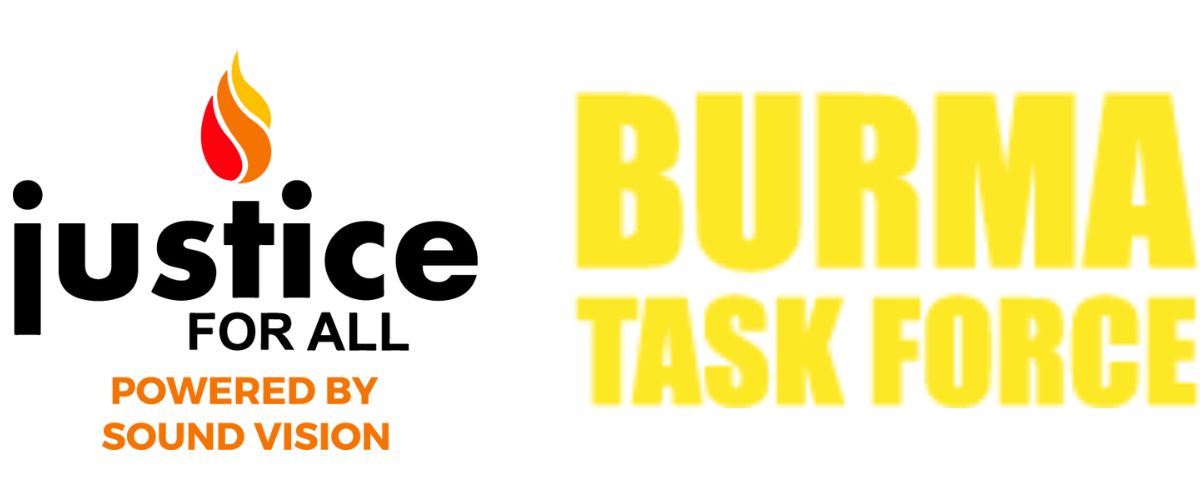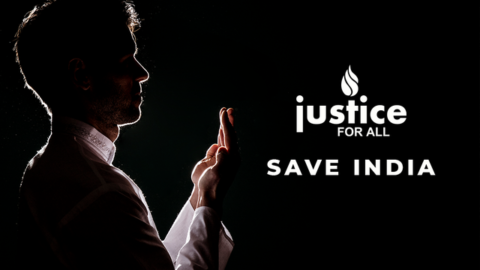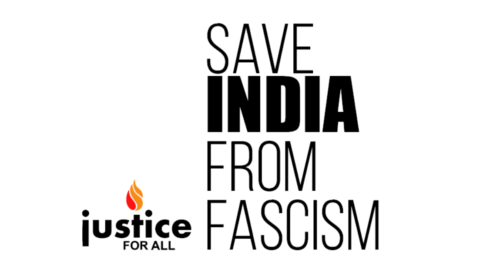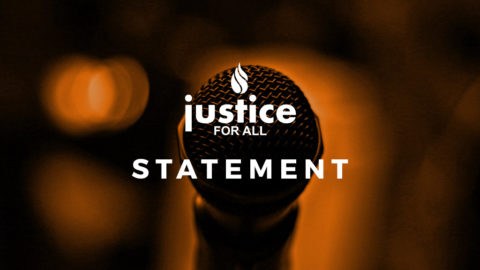HOW: Fill this FORM MAIL page Suggested message: Subject: Urging You to Withdraw from Event…
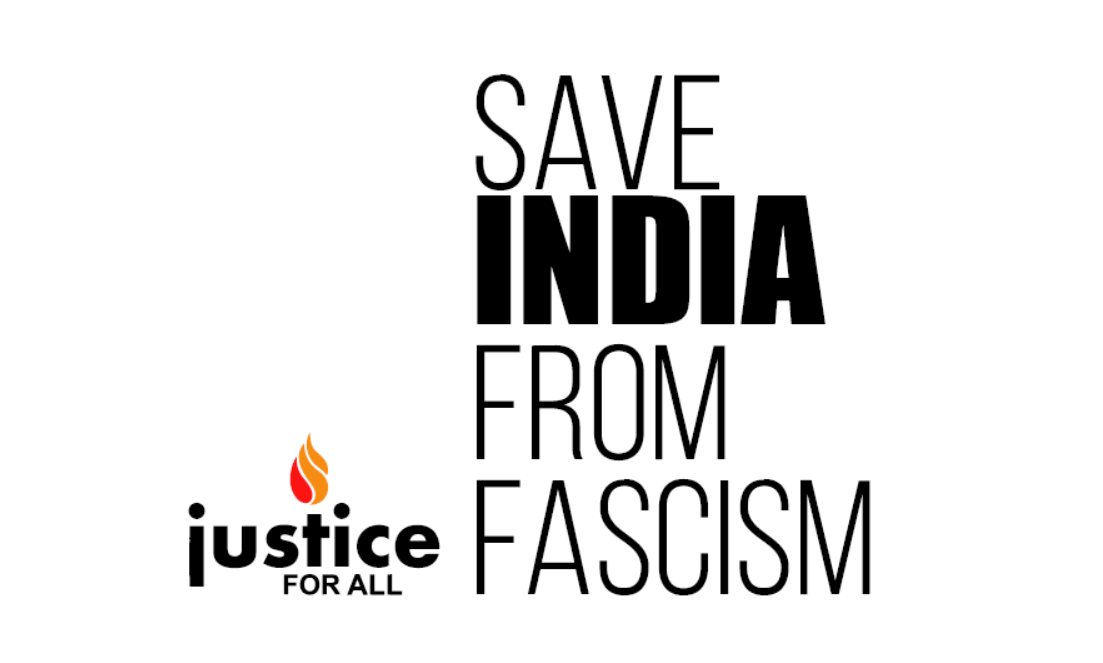
Mar. 21 2024 Tom Lantos Hearing on India Human Rights
Mar. 21 2024
Justice For All extends a deep appreciation to the Congressional Tom Lantos Human Rights Commission for holding a hearing on Human Rights Reporting in India. This hearing is long overdue.
Justice For All had been asking for an India specific hearing for the last three years. While India was included for discussion in some of the hearings recently held, this is the first since 2016 focused on India. Justice For All had also made several victims submissions to the USCIRF victims list, which was referenced in the hearing. Several issues in Indian Human Rights were covered, but we would have liked to see a better depth coverage for human rights abuses committed by India in Kashmir, as well as the degradation of journalistic responsibility in the country.
Chairperson McGovern made opening remarks that emphasized the importance of telling “friends (India) what is wrong”. Chairperson Smith said “Friends don’t let friends commit Human Rights abuses”.
Stephen Schneck of the United States Commission on International Religious Freedom (USCIRF) spoke about how the ruling party of Prime Minister Modi encourages violence against minorities. He also referenced the Citizenship Amendment Act, anti-conversion laws, cow-slaughter vigilante groups, and touched upon India’s recent transnational repression, including the murder of Hardeep Singh Nijjar and the attempted assassination of Gurpatwant Singh Pannun. He emphasized the need for the State Dept. to designate India as a Country of Particular Concern and said the reluctance of the State Dept. to do so “bewilders” him. He also made a recommendation that Congress must advocate for the activists and people who are listed in USCIRF’s victims’ list.
Other witnesses were Carolyn Nash of Amnesty International, John Sifton of Human Rights Watch, Waris Hussain of the American Bar Association, Adrian Shahbaz of Freedom House and Issac Six of Global Christian Relief.
The witnesses touched upon very concerning issues in India, and raised the issues of the application of laws to stifle dissent against the ruling party and the weaponizing of laws. The fact that India is heading towards a majoritarian and supremacist state was mentioned in several instances. The other-ing of minorities, referring to Muslims as “termites” was attributed to the Indian Home Minister, Amit Shah.
John Sifton concentrated on the application of the National Registry of Citizens and the Citizenship Amendment Act, especially expressing concern that the “burden of proof has been reversed” and that citizens are responsible now to “prove parents were born in India”. He also brought the forced labor being used in India in the shrimp farming industry.
Waris Hussain said that India is abusing funds it has received for counter-terrorism and is “using it to target Human Rights Defenders”. He also said that the extended incarcerations while a victim waits for court hearings makes it clear that the “process is the punishment” in India.
Issac Six noted that when he was called to testify in 2016, they needed “security protection” because of the threats that they had received from pro-India groups.
India, under the leadership of Prime Minister Modi, and especially, in light of upcoming elections in India, is fast transforming from a secular democracy to a majoritarian state. Justice For All will make the argument that the transformation is, at this time, near complete. Using mobs to silence dissent, a compliant press, and journalists that are only too happy to bend the truth or resort to preferential wording in their reporting, embolden the majority Hindu population. A fast changing judiciary, with judges now using faith instead of evidence in their judgments, as happened in the case regarding the Babri Masjid, is a harbinger of things to come. The United States cannot continue to consider India as a trusted partner in these circumstances. At the very least, the country must be designated a CPC immediately. It is about time US policymakers realize that Indian democracy is dying. Institutions that have been flagging this degradation must be heeded before it is too late.
